‘Diversity is treating individuals as if they innately matter. Because they do.’ A Conversation on Diversity and Inclusion within the Creative Industry with NUFF SAID LDN
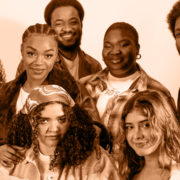
Born out of the frustration from a lack of diversity within the uni lecturer space – NUFF SAID LDN are a seven person strong London based creative agency consisting of Lisa HPR (Digital Designer) , Kemi Anna Adeeko (Creative Director) , Maureen Vasquez (Account Manager) Isaac Izekor (Copywriter) Paul Ifeneziuche (Visual Creative) Maisie Angela (Creative Producer) and Georgia Armstrong (Creative Lead).
They describe their journey as a ‘happy accident’ kicking off in 2019 with an event about diversity and inclusion – a chance to shed light on a subject they were passionate about to a wider audience. But this sparked the question ‘Instead of just trying to push and encourage this change why dont we come together and actually embody the change we want to see’ and thus NUFF SAID LDN the creative agency was born. Three years in and they’ve worked with Hennessy, JKR Global, The Mill, The Box, Ravensbourne University, MBK Yonkers / The Obama Foundation and more. They embody the fact that the lack of diversity within creative spaces isn’t just something we should talk about, but something we should act upon – but today we decided to talk about it.
We started off with the big question of what does diversity mean to NUFF SAID all individually. After a little moment of silence and consideration Their copywriter and strategist – Isaac starts us off with ‘treating individuals regardless of where they’re from or what they do as if they innately matter because they do and creating equitable pathways to allow that value to shine in whatever platforms those people want to be a part of.’ Concise, well thought out and accurate. The whole room was in agreeance. And with that the pace of the interview was set as we got into a lengthy conversation about the ins and outs of diversity within the creative industry.

Lisa HPR (Digital Designer) 
Kemi Anna Adeeko (Creative Director)
How do you feel a lack of Diversity has impacted the creative industry?
Kemi – It’s very obvious in the work that is made and campaigns that we see. You can tell when there is a boardroom of white men behind something because it just doesn’t translate as well. It doesn’t look cool, it doesn’t look relatable and often misses the mark or is offensive, racist, sexist or homophobic. When it’s wrong, it’s usually because it stems from an all white and male team.
Georgia – Even when they try so hard to get it right it often goes so wrong despite there maybe even being good intentions behind it. If you don’t have the insights and experiences of the people you’re trying to communicate to you just can’t get it right. There’s only so much research you can do but when it’s your own experience you relate to it differently so your input is more well informed and impactful.
Isaac – Writers advice is always to write what you know because that’s going to come from a genuine place. However, when you have an industry that looks the same all writing what they know it’s going to be a very narrow representation of the world.

Isaac Izekor (Copywriter) 
Georgia Armstrong (Creative Lead)
From your perspective what things need to change in order to create a space within the creative industry that is more inclusive?
Kemi – just hire different people.
Lisa – And hire them in more senior roles. Nine times out of ten when you look at a board of CEO’s, senior directors or senior creatives they’re predominantly white. A lot of companies tend to hire a lot of diverse talent in junior roles but it’s important to diversify throughout the whole company, not just at the lower levels.
Paul – A lot of companies like to hire internally as well and when you already have a heavily white demographic you’re just going to hire more white people. I think a lot of companies need to stop playing it safe and take the risk of branching out of their immediate circle. See all the talent you can find, because I’m sure It will be much better than what they may have currently.
Maisie – Exactly – it’s so important to have diverse creatives spread out throughout the creative process. Many brands tend to finish a product/campaign and then ask their target audience what they think when it should have been thought about from the beginning.
Maureen – People ask for your experiences, opinions and perspectives and a lot of the time that’s the extent of it- knowing that you’re capable of doing the job. I’m fed up with companies saying they struggle to branch out and find diverse creatives to employ. They’re not looking hard enough. Look further than your friends and social circles; doing the work to find creatives out of your immediate resource pool, can result in 10 times better value for your company.

NUFF SAID LDN 
Maureen Vasquez (Account Manager)
Have you guys ever had any experiences where you feel overlooked because of a lack of diversity?
Lisa – Many times. When I’ve worked on projects with a team that is not NUFF SAID I’ve felt that way especially. My ideas overlooked, or someone else getting credit for ideas I’ve worked on etc.
Georgia – Sometimes I feel misunderstood. Often, my ideas are related and connected to my experiences which may make it harder for others to understand or relate to especially those in higher positions who we are usually pitching to. It can make you feel insecure and doubtful and feel like you’re not as good at what you are because others are unable to appreciate what you’re bringing to the table as they aren’t used to hearing perspectives like yours.
Maisie – That’s why it’s so important for creatives to not constantly seek validation from higher ups. Listen and respect their advice, but If you really believe your idea, go for it.
Isaac – Peoples opinions only come from their experiences. If their experiences lie outside of yours then there may not be a ton of usefulness to their opinions on your work. If they don’t get it and don’t see it, then that’s that, find someone who does. We have an industry that has a narrow view of what creativity and good creativity looks like and because of that anything that doesn’t fit gets sent away or moulded into line. Part of diversity and inclusion is widening what the definition of creativity is. Creativity can look like anything and come from anywhere and we should embrace that.

Paul Ifeneziuche (Visual Creative) 
Maisie Angela (Creative Producer)
What tips would you give to creatives navigating spaces like that?
Lisa – Stay true to yourself. If someone tells you no, it’s okay there is going to be another billion “yesses” around the corner. Sometimes if that no comes from someone you really care about it can hurt but there will be another yes somewhere else. Don’t change who you are to satisfy others.
Maisie – So many people are going to give you their opinions, but you can control the ones you take in and act on. I think we often feel like we have to follow all the opinions we hear from others when in reality it’s important to be selective with what you take on board.
Isaac – Excellence and success are the best way to stop people from talking. If you can tell and prove to people you know what you’re doing then that’s a success. Aim to be undisputedly good at what you do.
Lisa – ‘as beyonce said your success is your paper’
Kemi – Try your best not to compromise too much. Especially in corporate spaces you can let so much slide. Don’t feel pressured to always be the one educating people, it’s important to set boundaries.
Isaac – And find your people.
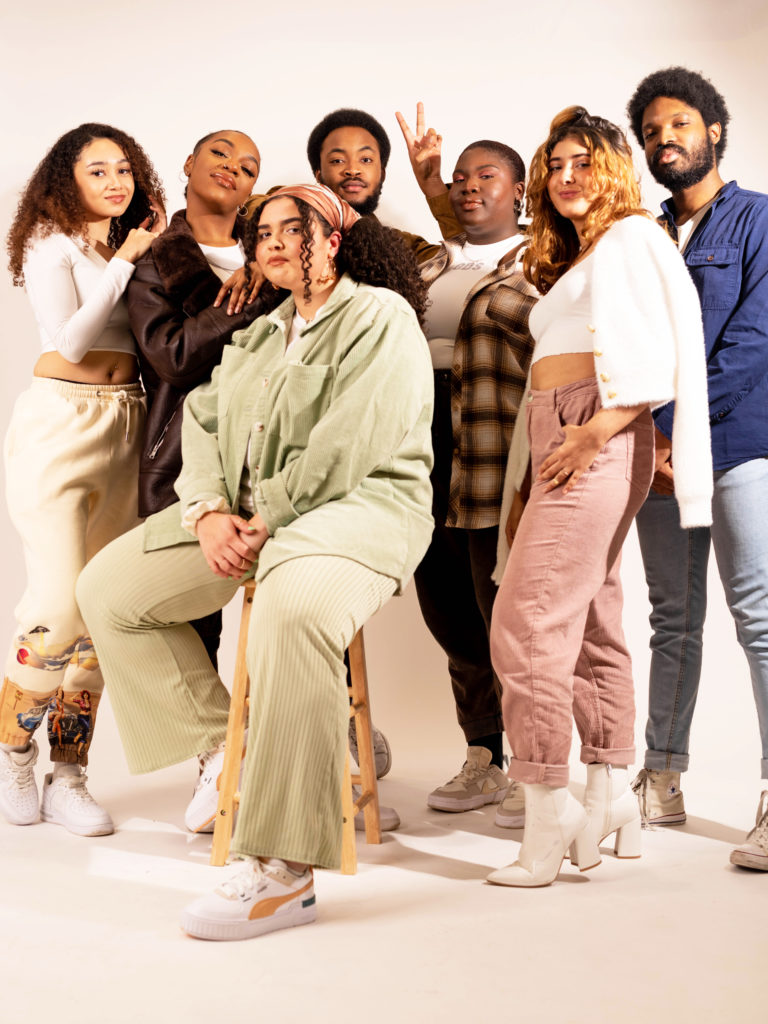
Do you see things ever significantly improving?
Georgia – I do. 100%. Things are very slowly changing. We’re getting there. All of these diverse creatives who may be at the bottom right now will eventually rise to the top. And even if not, all of us are doing a really good job at making our own spaces and finding our own appreciation and respect. We’re making our own things and our own things are blowing up, so to me things are definitely going to change.
Maisie – Hope is such an important thing to hold onto in any situation. You have to be positive. Everyone needs to make a conscious effort to do your research and make the effort to try and provide positive solutions. Don’t feel like you have to be the only one to make it. We’re all in this together. If I bring you up, you bring me up as well – that’s how we’ll all get to the top rather than one person feeling like they need to get there alone.
Georgia – and as creatives and in the creative industry this is what we do. We’re problem solvers and this is a problem companies like NUFF SAID and even GUAP are trying to solve and overcome.
Maureen – In my opinion I think things are definitely changing but there’s still a lot of work to be done that I don’t think will happen until our generation is at the top. We are the ones who have genuinely acknowledged and are now fighting to create change in the creative industry. From that we’ve grown up with different mindsets and perspectives than our predecessors. We’ve seen time and time again, that some actions for change are just done as a tick box exercise- not with true intentions. When we are the ones leading, I believe that’s when we’ll see the significant change.
Kemi – Exactly. It’s so easy to think that there’s been so much progress being made by looking at things from the outside. What you see on your screen looks diverse but when you look beyond that, behind the camera and you look at the boardroom or the crew it’s a completely different story. That’s why it’s so important for us to create our own spaces.
Lisa – And even when we have those spaces it’s so important to open them up and not be gatekeepers. Once you get to the top, you don’t have to be there alone, there’s room at the top for everyone. It’s about bringing the people around you with you, and helping each other – it only benefits everyone.
Paul – 2020 especially is a year when everyone felt the pressure. Obviously, companies don’t want to look bad in front of everyone so whether they are ticking a box or not, they understand that what they are currently doing just doesn’t work. I really feel like 2020 was a significant year for a lot of people to wake up, look around and smell the coffee. We don’t want to look back.
Georgia – It’s a shame that’s what it took though.
Isaac – Exactly and that’s one of the issues – when we talk about systemic change we can’t just talk about populating the industry with new and different faces we have to talk about completely uprooting the system and removing those existing ideas that have allowed things to be the way they are for so long. The profit motive for business is not a good enough motive to bring diversity in and change the way businesses work – we literally have to act upon the fact that people are innately valuable and we’re going to treat them as such and if that means we lose money then so be it.
Kemi – And most of the time you won’t lose money because the work will always translate better.
To keep up with all things NUFF SAID follow them on Instagram & Twitter.





![ZINO VINCI’S ‘FILTHY & DISGUSTING’EP BRINGS YOU TO THE CORE OF THE ARTIST [@ZinoVinci]](https://guap.co/wp-content/uploads/2023/10/Zino-4.jpg)

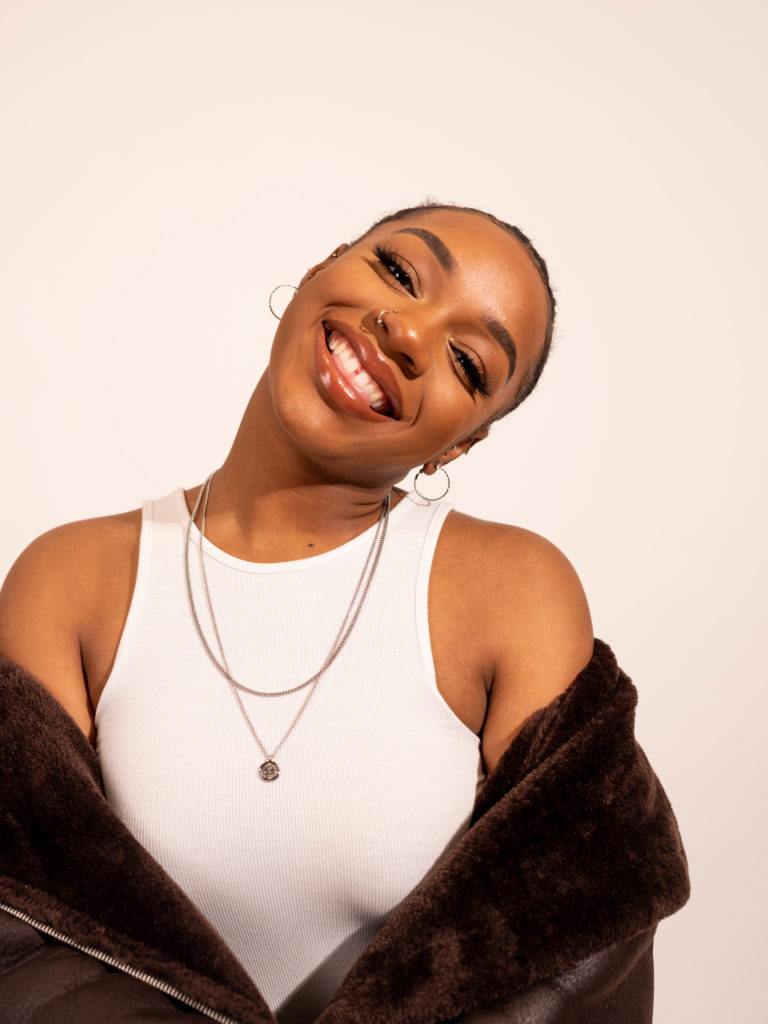
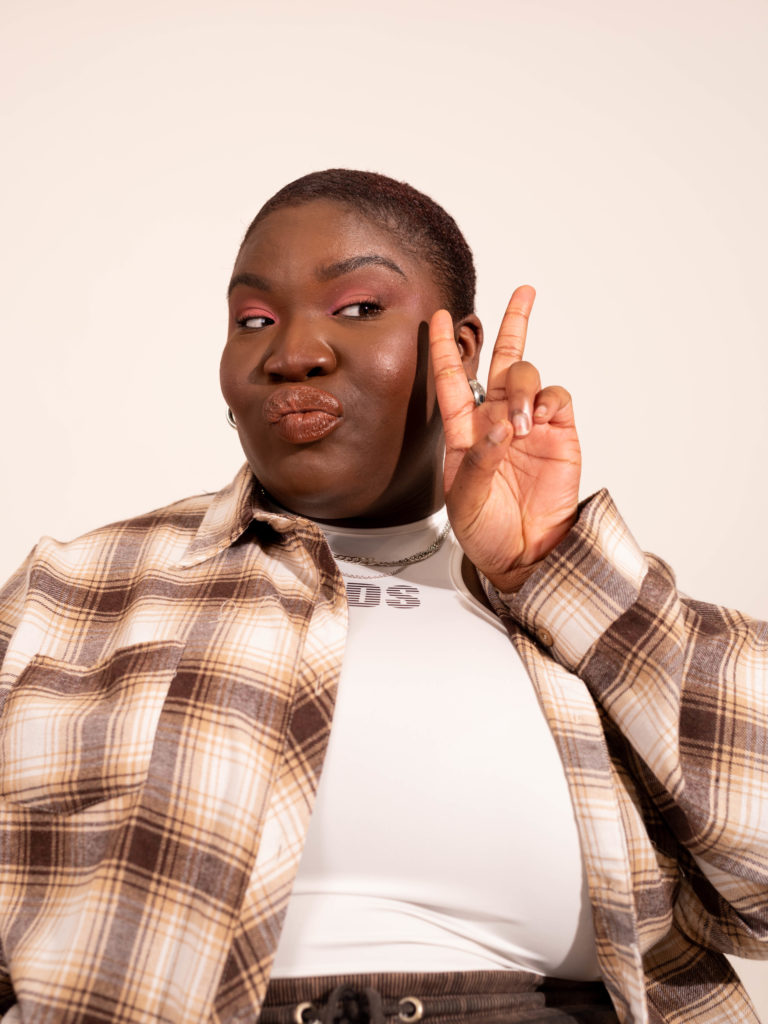
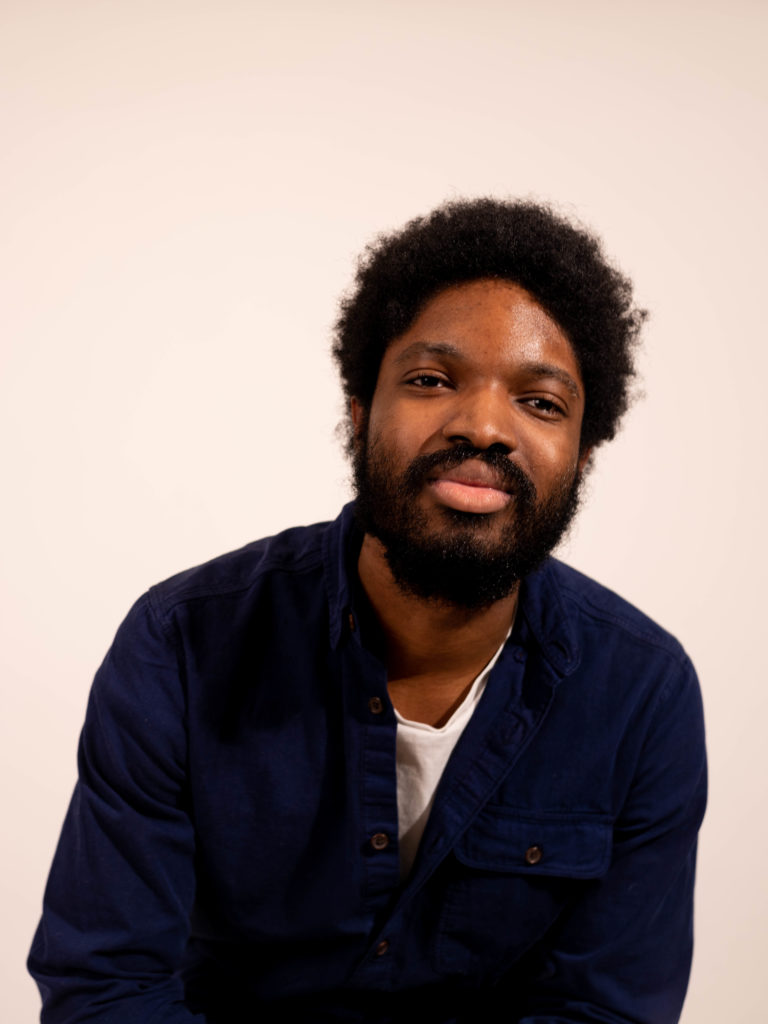
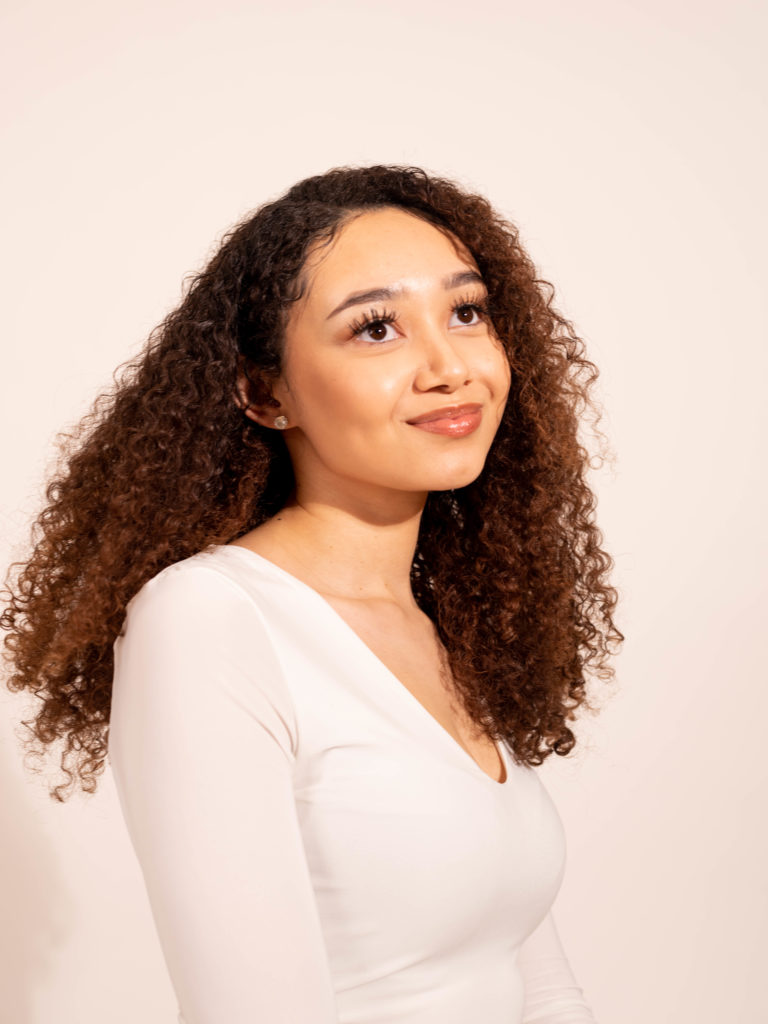
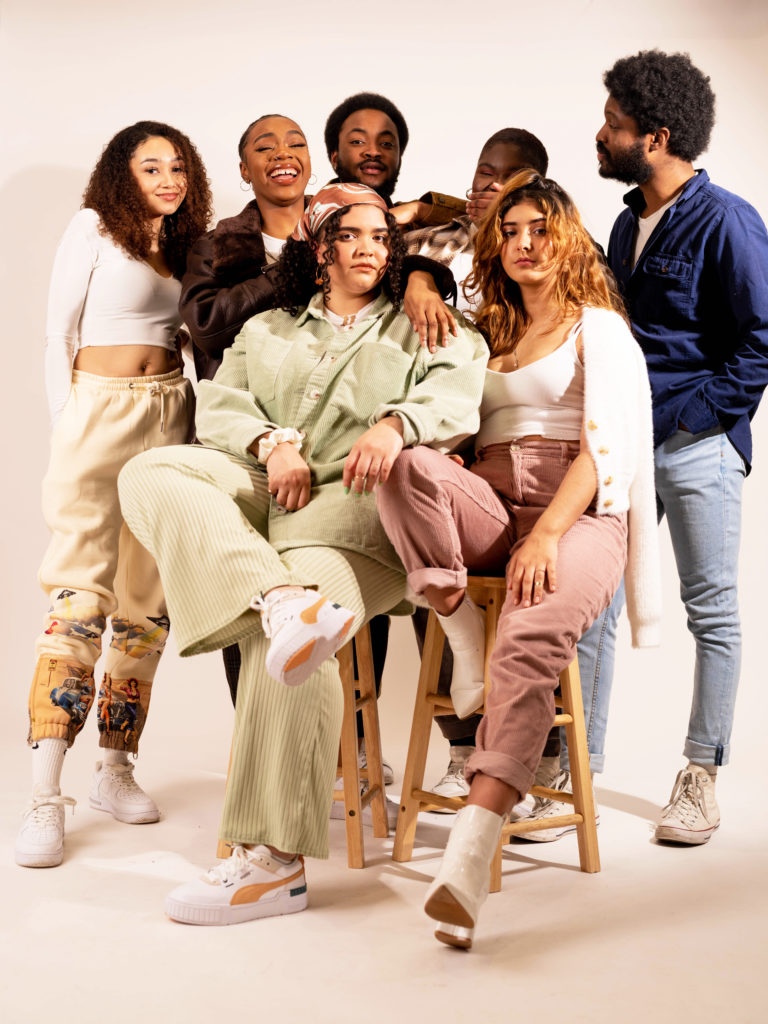

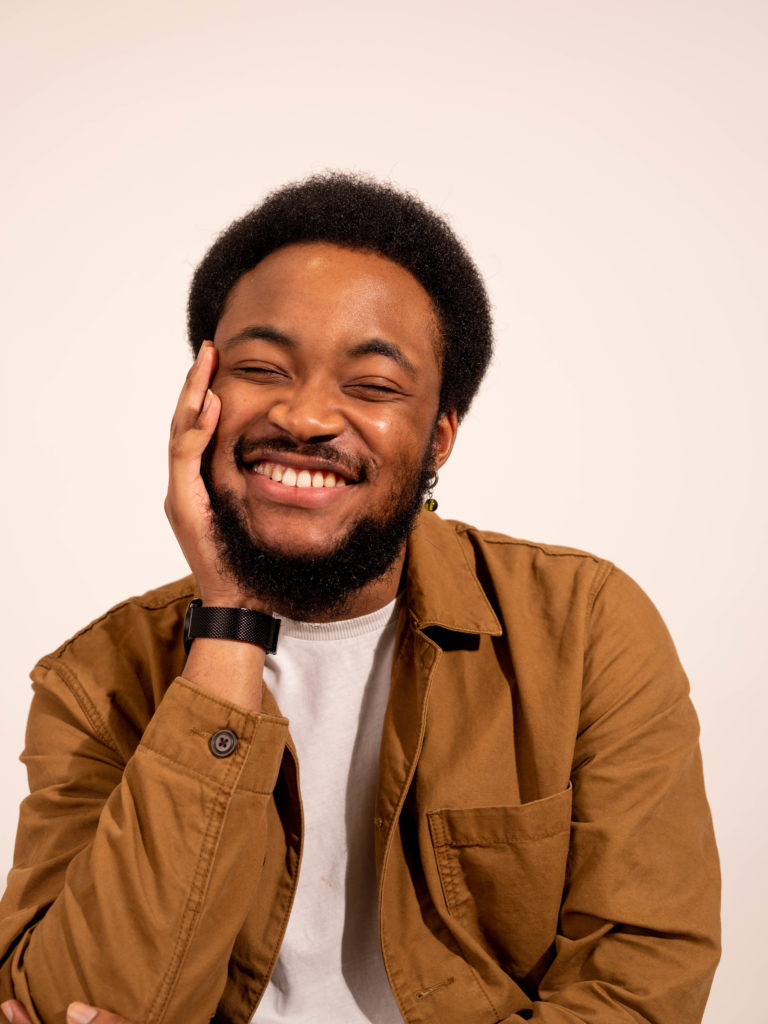
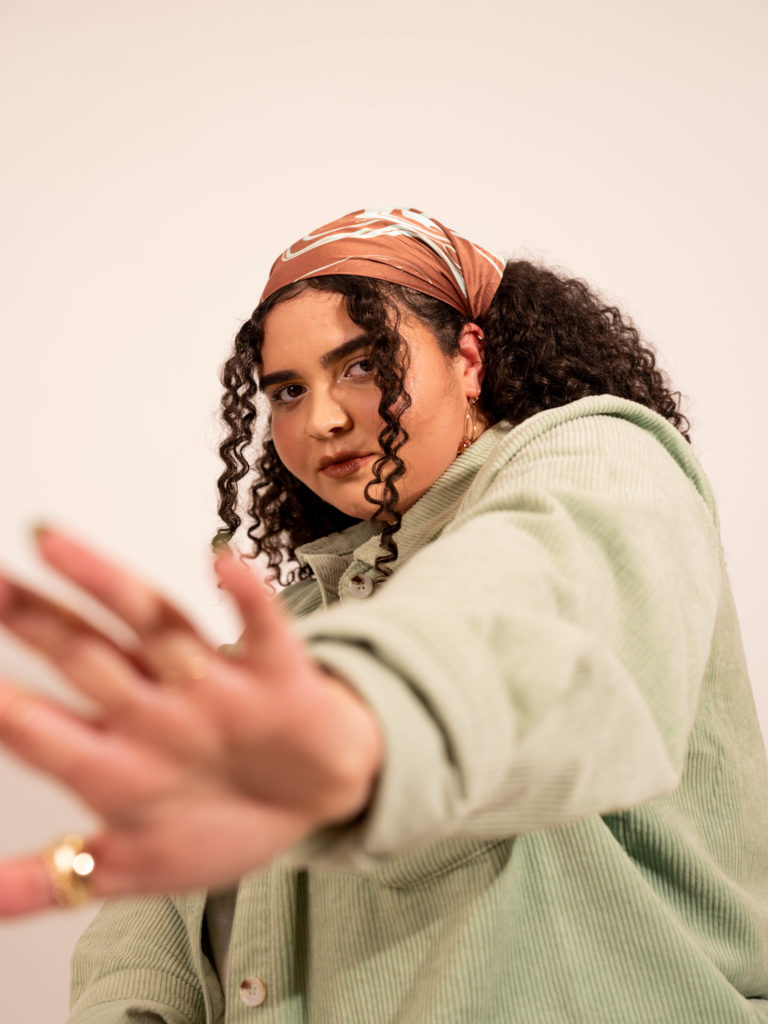
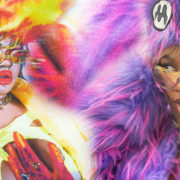
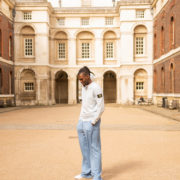


![Remel London’s [@Remel_London] “Mainstream” is a must attend for upcoming presenters!](https://guap.co/wp-content/uploads/2017/02/REMEL-LONDON-FLYER-FINAL-YELLOW-COMPLETE-1.png)